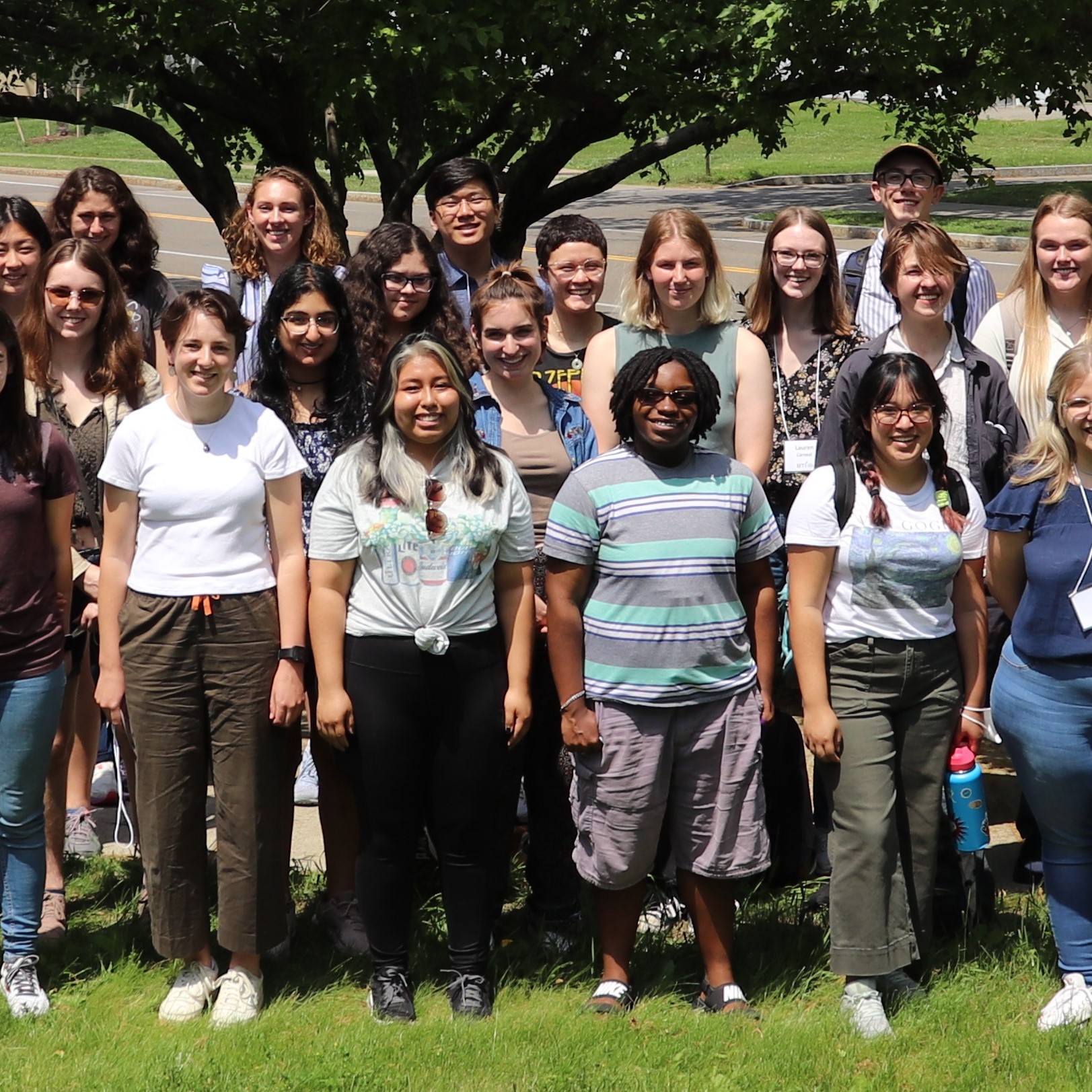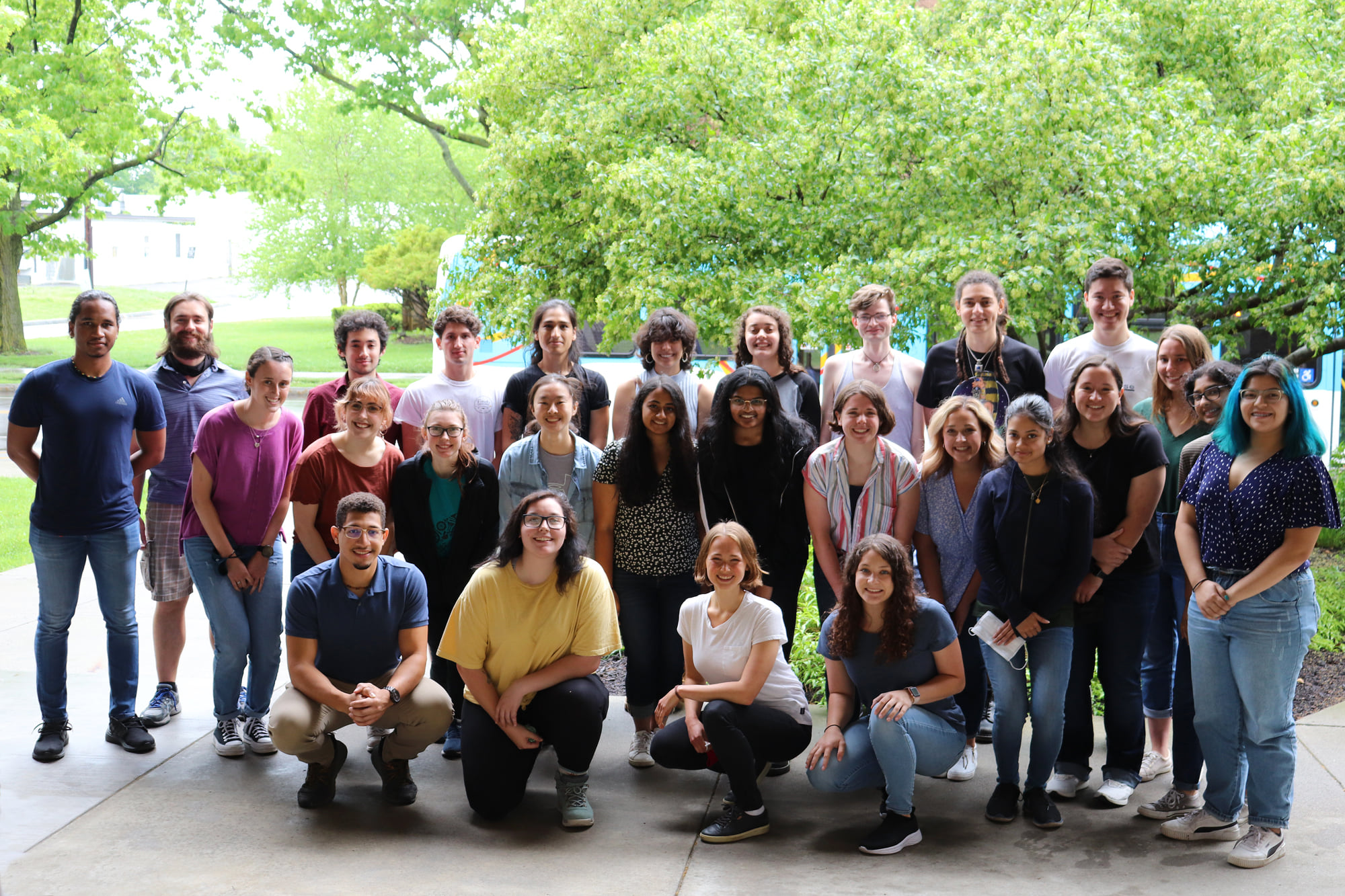Eric Richards

Research in the Richards lab is broadly focused on epigenetics, the study of inherited information superimposed on the genetic sequence. Most of our efforts to date have concentrated on cytosine methylation, which is one of the most fundamental types of epigenetic information in eukaryotic cells. We are interested in both the regulation of cytosine methylation and the phenotypic consequences of variation in cytosine methylation patterns. Our work also extends to higher-order epigenetic information encoded in alternative chromatin packaging and the three-dimensional organization of the genetic material. Our studies take advantage of the genetic and genomic resources available in the model organism Arabidopsis thaliana.
Chromatin – DNA Methylation Interface
Our forward genetic screens for Arabidopsis variants with reduced cytosine methylation levels have led to two unexpected gene targets that encode proteins implicated in chromatin regulation. These findings underscore the interconnections between chromatin and DNA modification. The first gene discovered in our genetic screens, DDM1 (DECREASED DNA METHYLATION 1), encodes a SNF2 family nucleosome remodeling protein. Loss of DDM1 function leads to dramatic loss of cytosine methylation in heterochromatic repeats as well as a loss of histone modification marks characteristic of heterochromatin. Mammalian DDM1 orthologs appear to play an analogous role in the maintenance of heterochromatic epigenetic markers. How DDM1 facilitates deposition and retention of heterochromatic marks is poorly understood and one objective of our research program is to elucidate these mechanisms.
The second class of chromatin proteins uncovered by our genetic screens binds methylated cytosine residues via an SRA (SET- and RING-associated) domain. We are focusing on the VIM (VARIANT IN METHYLATION) protein family, a subclass of SRA domain methylcytosine-binding proteins required for maintenance of CpG methylation throughout the genome. Our goal is to understand how these proteins interpret cytosine methylation patterns and coordinate epigenetic regulation across the DNA methylation-chromatin interface.
Epigenetic Variation and Inheritance
In our initial characterization of Arabidopsis mutations that reduce DNA methylation we observed that the hypomethylated state of different genomic regions was inherited through meiosis independently of the mutations that caused the aberrant methylation. This simple genetic result led us to undertake a variety of studies to weigh the interaction between genetic and epigenetic variation. This work, in turn, has sparked a broader investigation of the prevalence and significance of epigenetic variation in plants within an agricultural, ecological, and evolutionary context.
Nuclear Architecture
The three-dimensional organization of eukaryotic nuclei is an important topic of study from both a cell biological and an epigenetic perspective. The determinants that specify nuclear architecture can affect the epigenetic state of different genomic compartments. We are striving to bridge our understanding of epigenetic codes at the level of DNA and chromatin modification with higher-order epigenetic information embedded in three-dimensional nuclear organization. We are beginning this long-term effort with a project centered around a group of nuclear coiled-coil proteins that we have called LINC (LITTLE NUCLEI) for the reduction in nuclear size and alteration in nuclear shape caused by combining loss-of-function mutations in LINC paralogs. LINC proteins are plant-specific but share some structural features reminiscent of animal lamins, which are the key constituent proteins of the nuclear lamina – a mesh-like cage that underlies the nuclear membrane in animal cells. In our LINC project, we are pursuing two different research questions: the first is aimed at understanding how LINC proteins control plant nuclear architecture, while the second explores the interaction between nuclear organization and epigenetics.
-
BTI Welcomes Summer Student Interns
On May 31, Boyce Thompson Institute welcomed 41 of the country’s brightest undergraduate students from universities around the country to experience the life of a researcher for 10 weeks. Ten […] Read more » -
Cluster Hire Yields Three New Faculty Members
Boyce Thompson Institute is pleased to announce the hiring of three faculty members as part of its new and innovative “cluster hire” approach. Out of 113 applicants, the three people […] Read more » -
Congratulations to BTI’s PhD Graduates!
We are pleased to announce that seven Boyce Thompson Institute researchers received their PhD degrees during the Cornell University commencement ceremony on May 26. Congratulations to our newest alumni: Mariko […] Read more »
The three-dimensional structure of the nucleus affects gene expression and other activities of the eukaryotic genome. We apply genetics, genomics, cell biology and biochemical approaches to study how the organization and dynamics of the nuclear organelle affect genome function.
Internship Program | Projects & Faculty | Apply for an Internship
























